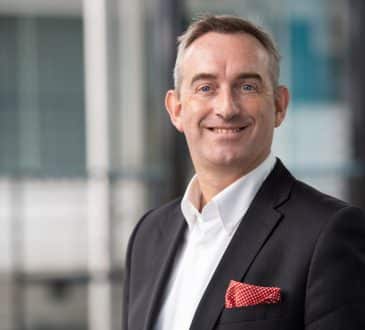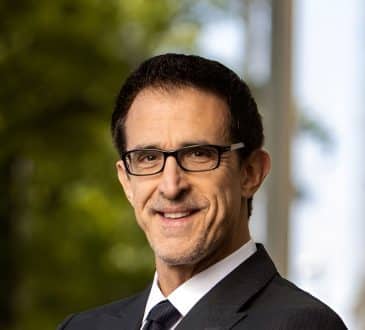How to be an energy broker while under the pandemic pump

The pandemic caused a tsunami of emotions for CEOs and their people: shock, fear, frustration, resentment. At the pointy end of decision-making, CEOs have had to make tough calls. In their report Navigating C19 July 2020, researchers reported that amongst UK CEOs, 41% are more anxious than they were before, an increase of 9%; 45% are working more hours and 62% are re-assessing their work life balance, with an increase of 20% in this focus since the beginning of the pandemic. CEOs are stressed out and looking for a change. All this while trying to boost the morale of their teams.
McKinsey reports that leadership is shifting as a result. Many CEOs are elevating ‘to be’ to the same level as ‘to do’. Discovering the ripple effect of their own emotional state, especially through these extraordinary times, leaders have become more intentional about how they show up. Interestingly, this is not about being an ‘immovable rock’ or a stalwart of strength; CEOs are instead committing to being more ‘human’. This means being more genuine and open about the impact of the experience on their own lives.
There’s a fine line to be drawn here. Authenticity, and its precursor of vulnerability, can be mistaken as permission to let everything hang out, warts and all. There is a major difference between sharing emotions and spraying emotions. CEOs need to be real, not just raw: talk about their emotions, but not let their emotions do the talking.
Along with deep self mastery and awareness, CEOs need to foster enthusiasm with their teams. Here are five strategies to manage positive energy.
- Process the adrenaline.
Many CEOs were energised by the crisis aspect of the pandemic early on. There is nothing like adversity to bring a team together and get focused on what matters most. This adrenaline is useful, for a short period of time. After that it is draining. The fundamentals of self management apply: meditation, breath work, exercise, nutrition, and sleep. Leaders need to be in tip top shape to handle the emotional strains of the ongoing challenges. As military professionals say, ‘calm is contagious’. - Notch up the endorphins.
Endorphins are on the same spectrum as adrenaline. They occur during focused effort and excitement. CEOs can work with their teams to identify stretch goals that don’t overwhelm, but offer a nudge of pressure. Deadlines encourage teams to push a little harder. The thrill of achieving something just out of reach can rally the troops. - Harness the dopamine.
Game designers and social media know the addictive lure of dopamine. It’s the biochemical that gets tripped when we find or complete something. Task lists and email hook into this reward system in the brain. Leaders can make use of this inbuilt system to help teams focus on more productive actions than endless scrolling. By making progress on projects more visible, leaders can direct dopamine constructively. Any project tracking tool can do the trick. Even something old school and analogue like a thermometer, or a hand drawn roadmap, or a Kanban board can help foster enthusiasm and focus as milestones are reached. - Send a message with serotonin.
Serotonin is our well-being and self-esteem biochemical that gets released in moments of positive social interaction. Experiences like being generous or giving praise and recognition boost our pro-social feel-good neurochemicals. Giving, receiving, and even observing these acts can release the serotonin feel-good. Saying thank you and calling out achievements are simple and effective positivity boosters. - Offer oxytocin.
Oxytocin is the love and trust neurochemical. It’s the delightful sentiment of feeling connected and part of something. It’s the feeling of being appreciated and acknowledged. When a CEO gives their attention and focus to another, then the added weight of positional authority amplifies the moment of care and concern. Let people know they are welcome, wanted, and needed. Help them feel that they belong, a key part of the the team.
There is always a lot of pressure in the role of CEO. The pandemic sharpened this and pushed many into survival mode. It takes great self awareness and attention to master first one’s own energy and focus, and then nurture positivity in others. With all the advancements in technology, we still have to contend with the same biological human wiring. Fortunately, by using a structured approach, we can become more human by using what makes us human.
Written by Zoe Routh.
Bring the best of the CEOWORLD magazine's global journalism to audiences in the United States and around the world. - Add CEOWORLD magazine to your Google News feed.
Follow CEOWORLD magazine headlines on: Google News, LinkedIn, Twitter, and Facebook.
Copyright 2025 The CEOWORLD magazine. All rights reserved. This material (and any extract from it) must not be copied, redistributed or placed on any website, without CEOWORLD magazine' prior written consent. For media queries, please contact: info@ceoworld.biz








